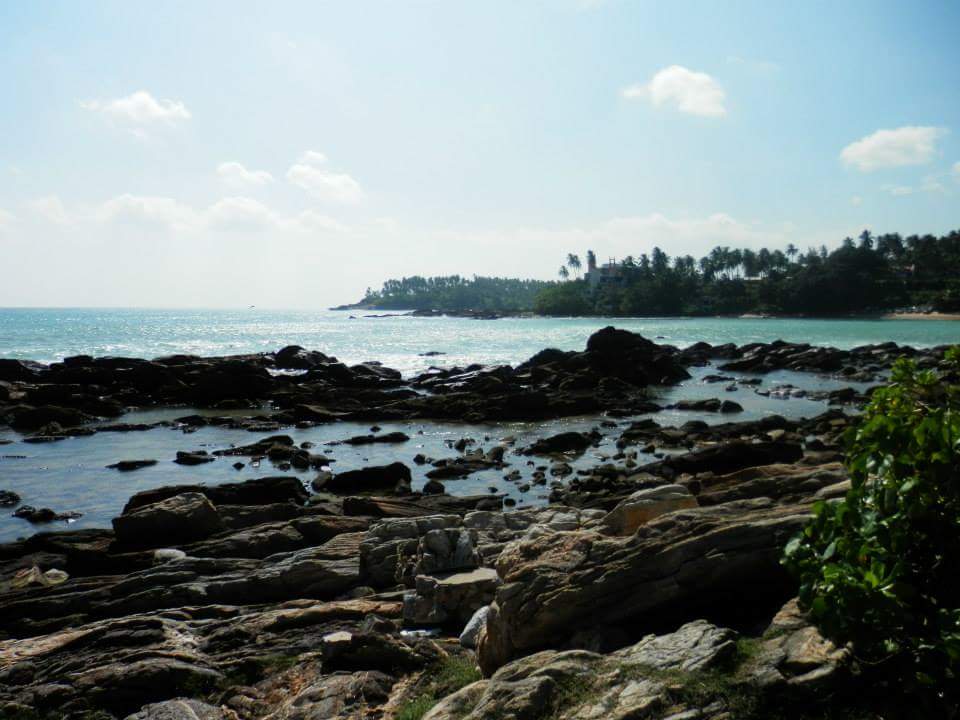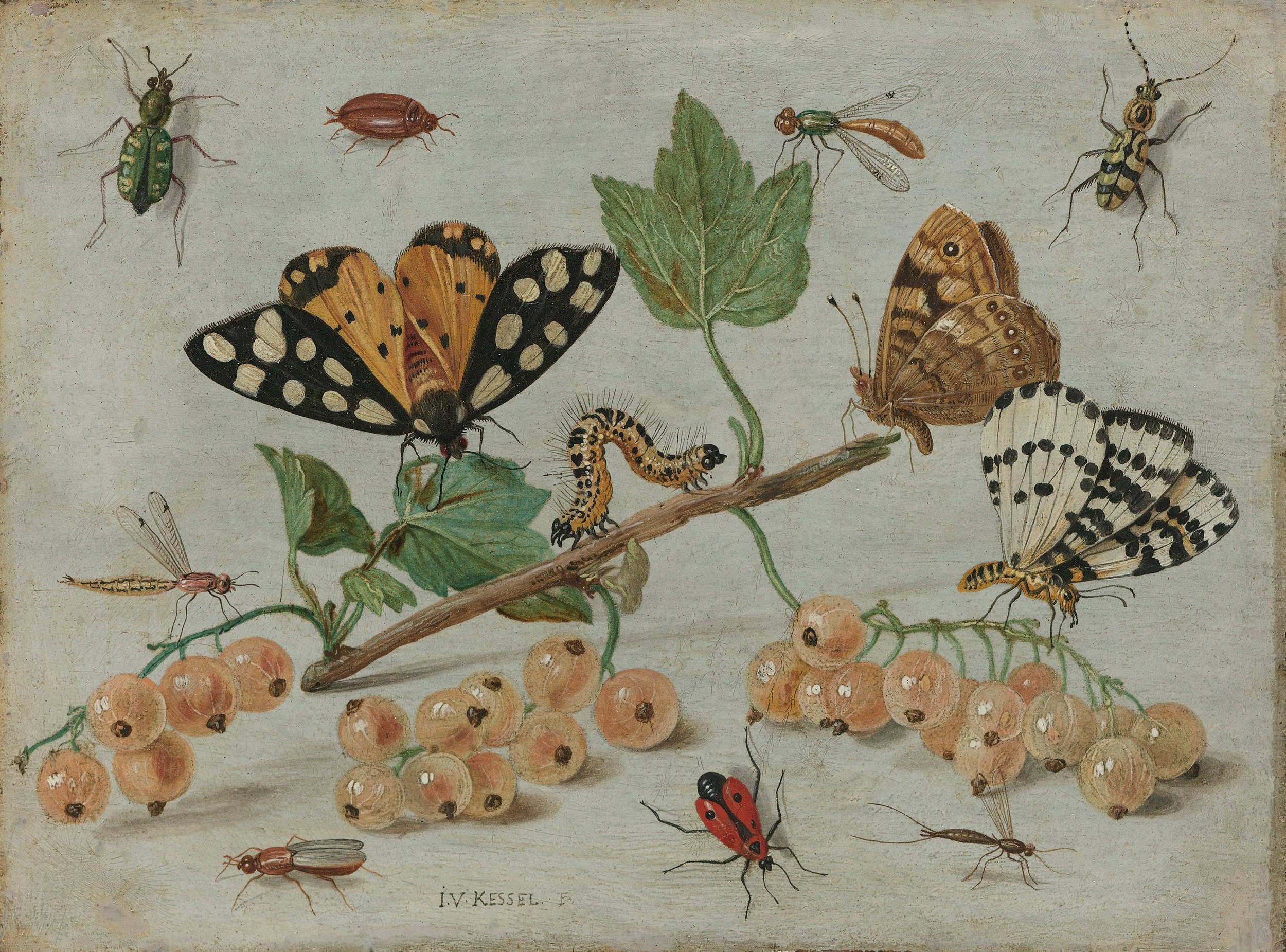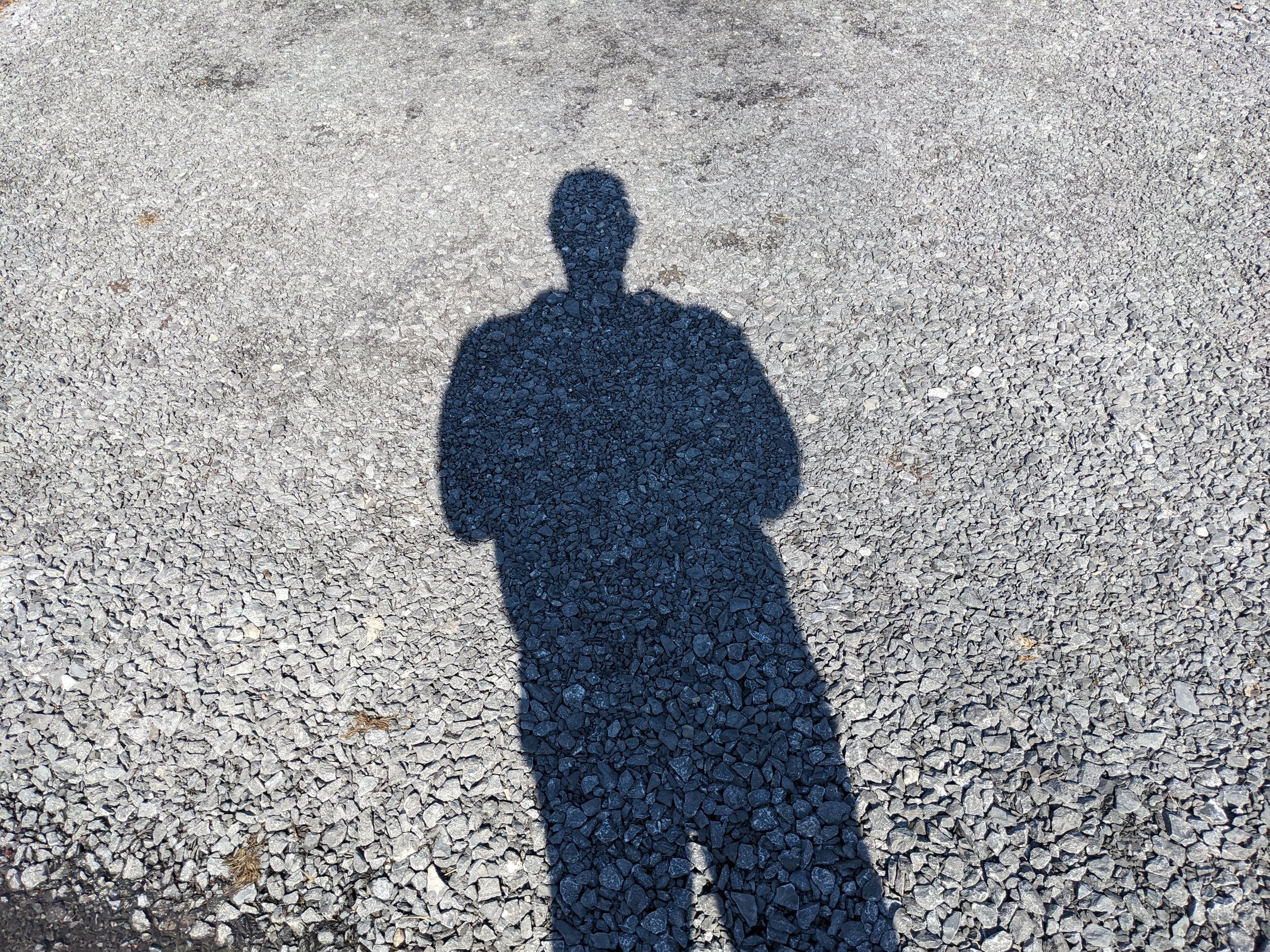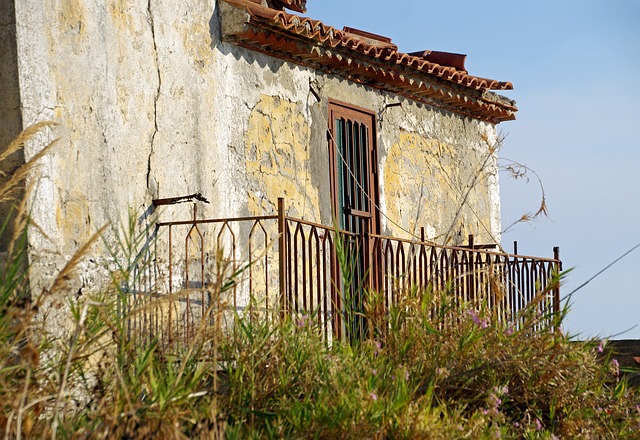Hiraeth

HIRAETH
Welsh, noun.
Homesickness.
If you google hiraeth you’ll find a few definitions. Some chalk it up to homesickness, while others say it means nostalgia. English words like yearning, longing, and heartache are something similar, but they don’t come close. Hiraeth is something more. It’s like nostalgia, or longing, for a home you can’t get back to. A home that doesn’t exist.
All travellers know something about hiraeth, and the idealism of memory; as soon as you live a moment, it’s in the past. For me, travel is always tinged with a touch of melancholy. On the first day of a bucket list trip, I start thinking that it’s all nearly over. Laying eyes on a much-Instagrammed destination means I’m never again going to see it for the first time.
For me, born in Wales to a Welsh mother and a Sri Lankan father, hiraeth has a personal meaning. It’s homesickness on an existential level. I was raised in Wales, so in a practical sense, Wales is home. But in another sense—call it emotional, spiritual—it has not always felt like home.
*
Perhaps it’s because one of my earliest memories is of being singled out by older kids on the playground and told I was disgusting because I’m a ‘Paki’. Perhaps it’s the “but where are you really from?” interludes during every introduction.
Recently, I was walking alone along an echoey street in the town I went to school in. While passing rows of dingy abandoned shops with for sale signs plastered over their windows, I was told by a stranger that I should “go home.” I’m sure that man didn’t intend to ignite a philosophical debate in my soul, but it really got me thinking about where exactly he wanted me to go. Hiraeth.
“Turns out, I am more than the sum of my parts: Sri Lanka, land of ancient temples, giant rock fortresses, mind-blowing beaches and piping hot kottu rothi; Wales, land of song, rolling hills, dragons, poetry and infallible pride.”
Sri Lanka; photo by Kumari Tilakawardane.
There’s a word in Portuguese—saudade—which roughly translates as a love or longing for something in the past. It’s similar to hiraeth, but not quite. There is something fundamentally Welsh about the concept of hiraeth. It goes back to the origins of what we today call Wales—a word that comes from the Anglo-Saxon for “outsiders” or “foreigners.” The country’s history dates back to pre-historic times, though for hundreds of years Welsh identity has been forged by rebellion and a search for independence, spurred on by attacks against the Welsh language and tragedies like Welsh villages being deliberately flooded to provide water for England.
The Welsh migrated to Patagonia in the 1860s to protect their language, embedding a Welsh colony in Argentina that lives on to this day. Pamela Petro’s book Travels in an Old Tongue chronicles the worldwide presence of the Welsh language. She shows that hiraeth isn’t always about a physical home. Home is where the heart is.
*
Part of me thought that going to Sri Lanka would be like going home—if not physically, then at least spiritually. Perhaps because my father is a storyteller, I grew up knowing of Sri Lanka as a place of tropical beauty, impossibly ancient history, a smile. I thought that heading there would solve my hiraeth. I’d put the pieces together, and emerge with something that resembled a conventional identity. It wouldn’t matter that I wasn’t sure my country of birth was home, because I’d find my spiritual or ancestral home instead. Though travelling to Sri Lanka as a young child didn’t have the profound and politicised meaning it’s had as an adult, it was important.
Sri Lanka, aptly named the Pearl of the Indian Ocean, is a constant fixture on ‘top travel destinations’ lists. It’s a tiny island jam-packed with ancient sites, picturesque beaches and addictive cuisine. And while there are those who travel for yoga or sunbathing or to glimpse an elusive leopard, for me the idea of going there is about more than tourism; I’m supposed to be looking for something.
On my first visits there I saw my grandmother (my aachchi), met childhood friends of my father and fully embraced the heat, the food, the sounds, the smells. We tapped rubber, watched local art being made, attended the Perahera. I was awed by the Temple of the Tooth, blown away by the views from Galle Fort, and obsessed with the cricket culture.
When I was a small child, it was all wide-eyed wonder and unlimited buffet breakfasts. I was spoiled and grinned at and given gifts. A jewellery merchant allowed me to choose anything I liked from his shop simply because I reminded him of his daughter (my mother silently implored me to choose the huge emerald, but sadly I wasn’t a financially-savvy five-year-old). Back then I didn’t know it was cruel and inhumane to be able to ride a saddled elephant through the streets; I wasn’t aware that there was a catastrophic civil war raging just a few hundred kilometres north.
When I was a kid, it was bliss. Returning as an adult has been more challenging. Immediately upon arrival I expected to feel a warm rush of belonging. But instead I was left pondering where I would stick out less—Sri Lanka or Wales. As much as I may immerse myself in all things Sri Lankan, I’m not really from there. And equally, I live and breathe Wales and Welsh-ness, but in this world obsessed with borders and nationalism, I can’t say I feel completely Welsh.
“My hiraeth is about wondering as well as wandering.”
Perhaps that’s why my name—which is Sinhalese but also evokes the Welsh word for Wales, Cymru—means so much to me. Kumari. Most people don’t pick up on this. In fact, it is always native Welsh speakers—often stereotyped as xenophobic and closed-minded—who go out of their way to make note of it. I like to think of my name as a way for me to be both Welsh and Sri Lankan—a hybrid, at least on paper.
Being biracial comes with a unique set of quandaries, and for me hiraeth has always been chief among them. There is a Sri Lankan diaspora present in most Western countries, and a particular identity for the people within it. For me, both within and without, it’s not always been easy to see where home is.
*
Travel does many things—it teaches new languages, it reveals new customs, it educates you. It’s a cliché, but in travelling across Sri Lanka, what I learned about most was myself. I discovered an innate Welsh-ness, an innate Sri Lankan-ness, and an intense, excruciating and fuzzily comforting hiraeth.
I’m wistful in thinking about the concept of where I “come from.” Turns out, I’m more than the sum of my parts. Sri Lanka, land of ancient temples, giant rock fortresses, mind-blowing beaches and piping hot kottu rothi; Wales, land of song, rolling hills, dragons, poetry and infallible pride.
My hiraeth is about wondering as well as wandering. I’m nostalgic for the simpler times, before I was aware of the implications of my skin colour. I miss a time when I could confidently say “home” was one place. Of course, the home my parents built will always be home. But on a bigger scale, it’s hard to put a pin in a particular coordinate.
It took decades to realise that I wasn’t “half” anything—I’m Welsh and Sri Lankan and whole. It took travelling to a tiny island brimming with spices and elephants and ancient temples to realise that I could be from rainy old Wales, too.
It’s odd that longing for something I’ll never have feels so strangely comforting. I’ve come to realise that it is okay that there’s no solution to hiraeth—it’s actually freeing. Homesickness for a home that doesn’t exist. This is such an intangible feeling that it makes sense for there to be no equivalent in any other language, no direct translation in English. It takes “lost in translation” to a whole other level. I don’t know if you can lose something that’s never existed, but maybe that’s okay.
ABOUT THE AUTHOR
Kumari Tilakawardane is a writer and professional-grade procrastinator based in the UK. She has a BA from Queen Mary University and a MA from King’s College London. When not writing, shouting advice at professional athletes on television or scouring the world for unique rubber ducks, she can be found sharing questionable opinions on Twitter @_kumaritil or at kumariwrites.com.
Header photo by Kumari Tilakawardane.











